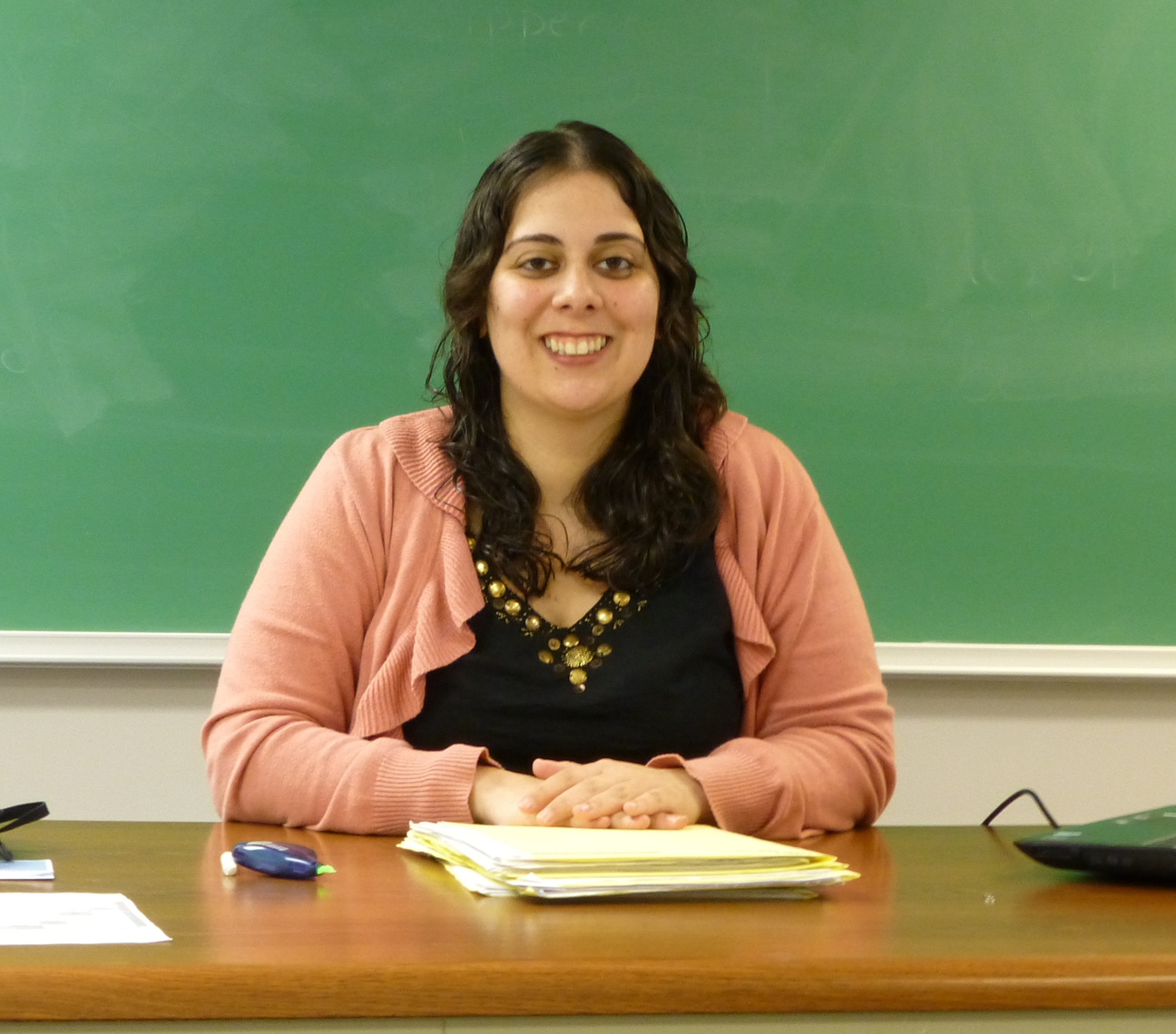Speaking a Universal Language
Graduate School of Education TESOL Grad Melissa Battista Describes Her Journey from High School Sub to Cultural Ambassador

Having grown up on Long Island and studied Spanish and education at Stonybrook University, current Kings Park resident Melissa Battista was looking for ways to further her expertise. While pursuing her Master's, she came across Touro’s Graduate School of Education (GSE) Teaching English to Speakers of Other Languages (TESOL) program and thought, “Well, I like languages, and I’d be teaching a language even though it’s English. Since they were related, I decided to go for that, which I’m very glad I did.”
Skip to present day, and Battista’s found her voice helping others articulate themselves as an instructor with ESL Language Center, which seeks to equip university-bound foreign-language students with a suite of English communication skills. But what the experience has really evolved into for Battista and her global cast of mentees is a mutually enriching cultural exchange.
“When they come here, it’s kind of a culture shock,” Battista says of her students. “Even the weather is a big deal. Some of my students come from Saudi Arabia and they’re like, ‘Oh, it’s so cold.’ So my job is to figure out the easiest way I can teach grammar to those who don’t even have the same writing system.”
In the process, she’s developed bonds that transcend language barriers. Or, for that matter, generational ones. Battista recalls one 70-year-old student from Japan whose father told her, “Girls don’t go to school.” She finally decided to embark across the world to acquire a new dialect, purely for her own satisfaction. “I admire her so much,” says Battista. “I don’t even know if I’d have that kind of courage at that age to just go to another country and learn a language. Watching her progress has been really interesting. Now she’s able to speak more, and her listening has gotten better, and her writing. That would be one of the best experiences I can describe.”
Unexpectedly, Battista’s even acquired more insight into her native tongue than she did during her years in American public schools. “When I was learning English, they did basic grammar, but we didn’t learn the intricate parts,” she remembers. “Now, as I teach it, I’m like, ‘Wow, I didn’t even realize all these rules existed. When I was in school, it was more literature—read this and answer questions or write an essay about it. So it’s interesting how we learn all these things, but informally.”
All this interaction with curious learners of all ages from places far-ranging as Brazil and South Korea has actually compelled Battista to explore more of the outside world herself. “I definitely would like to see a lot of these countries, having heard about them from the students,” she says. “And the good thing is, now I have some contacts, so if I do go to Japan or China, I can maybe meet up with some of the students and they can show me around.”
For the time being, Battista’s firmly grounded on U.S. soil, busy giving others a boost in their journey. And while it’s not what she anticipated after wrapping up her undergrad work at Stonybrook, she couldn’t imagine imparting her knowledge in any other way. “Before this, I was subbing in a high school,” she reflects. “Unfortunately, the education system is trying to weed out the languages, so I might have had to go for another degree in education. I guess I kind of got lucky…. Maybe I was just meant to work in a different environment.”

